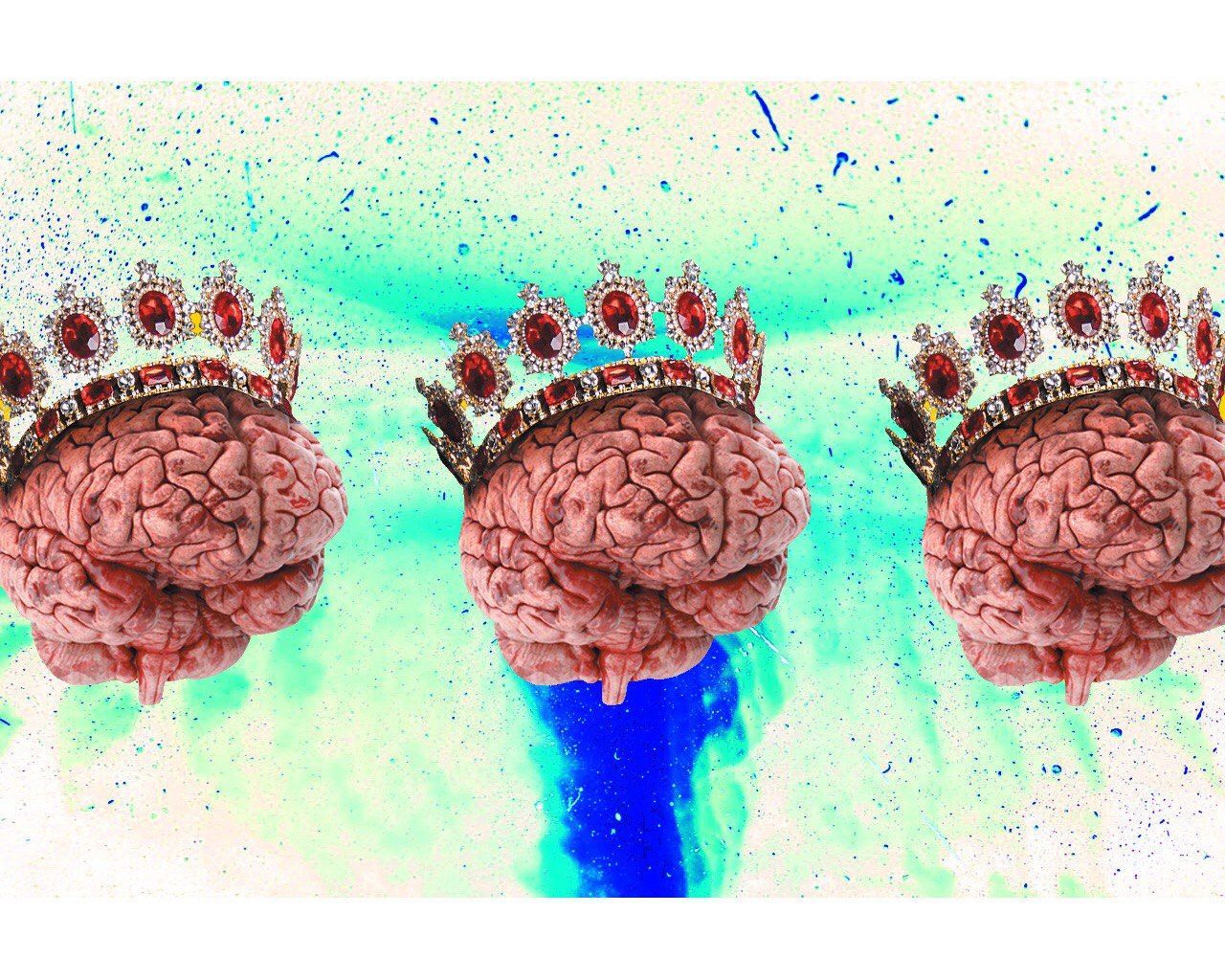the elephant and the rider
decide first explain second

I’ve explained the basics of political psychology, and I can assure you there will be more political psych related posts in the future, especially going into an election year. However, the point of this post is to show and explain one of my favorite insights in psychology, it comes from political psychology. I think its valuable for everyone to know and understand this concept. Much like the writer I’ll be citing I was also surprised at myself when I found this out and I think you will start to notice it in your own behavior as well. So, what is it!? Let me explain the elephant and the rider from Jonathan Haidt.
Haidt introduces the concept with a 6-word summary, intuitions come first strategic reasoning comes second. The concept has to do with how we often decide with our gut and find the reason after. The underlying course of action is a flash of negative or positive feelings we recognize before we have time to interpret them. Our brains evaluate everything we are trying to decipher is something is a threat or not and we adjust our behavior away from pain and towards pleasure. Less bad, more good. This was first realized by Wilhelm Wundt as “affective primacy” the small flash we experience that prepares us to approach or avoid something. Wundt explained that these reactions are so intertwined with perception that we make our judgements before we even notice. Haidt gives a GREAT example, imagine seeing someone you haven’t seen in years, you’ll instantly know whether you like them or not before you can remember their name.
Another factor that influences how favorably we view something and thus our instant reaction to it is exposure. Our brains categorize familiar as good. This is called the exposure effect. Its used mostly in marketing and propaganda. The reason this is important is because of our social and sometimes political judgements being decided so quickly. Do we come to certain conclusions simply because we have been exposed to them more and they are more familiar? More than likely yes.
Bodily states can also affect judgement. When testing subjects about moral judgements in a room that smells the judgements of mundane acts will be judged harsher by the people in the smelly room.
These are just simple examples of making decisions based on emotion and then finding justification after what Haidt dubbed the elephant and the rider. As he explains it, the elephant is moves and is powerful very hard to change course. The elephant represents our emotions. The rider represents our logic. So, when we have a gut reaction, our elephant has moved in a direction and the rider gives us the justification. In one experiment researchers would judge peoples reactions to a certain moral issue (look up Haidt yourself) and in the experiments found that when subjects were made to wait before giving judgements, would still go with their initial flash reaction however they would be slightly more understanding even though they would stick with their initial reaction.
So, I challenge you, next time you have a gut reaction, or someone is critical of you, do you jump to defend an emotion? If your partner is critical of you, “please do the dishes” do you defend and justify why you haven’t quickly? I’m guilty myself and I recognize as those experimenters did that waiting before responding can change my view on certain matters. And another added benefit is that recognizing that we often jump to our pathos and then justify with our logos can allows to go straight to our logical side. Think about your initial reactions!
Jake O. founder and editor of Psycho-social.com, graduate of Oregon state university (Go Beavs!) BA in psychology. Connect with him by email to pick his brain about social issues and psychological understandings of them.
Share down below & Subscribe for updates
Source
Haidt, J. (2020). elephants rule chapter 3. In The righteous mind: Why good people are divided by politics and religion (pp. 61–83). essay, Langara College.










